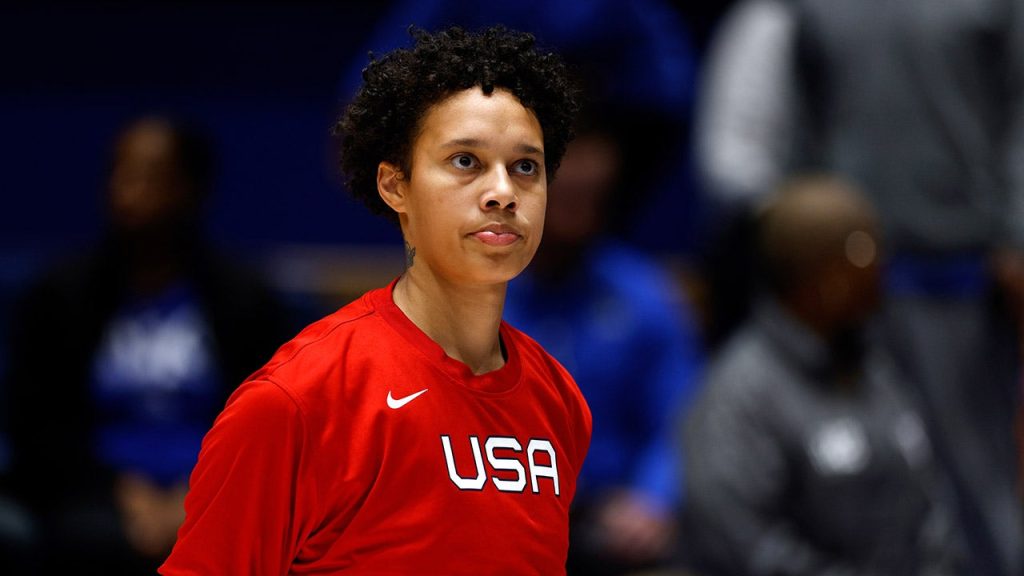WNBA star Brittney Griner recently opened up about her nearly 10-month-long detainment in Russia, where she was subjected to harsh living conditions. Griner described her initial stay at Correctional Colony No. 1, also known as IK-1, where she was forced to sleep on a mattress with a large bloodstain, only covered by thin sheets. She also mentioned the fear of sticking her limbs through the bars, as someone could break or twist them.
Griner was arrested in February 2022 at a Russian airport after authorities found cartridges containing cannabis oil in her luggage. She attributed this mistake to a “mental lapse” and was taken into custody to face her fate. Throughout her detainment, Griner noted the limited access to resources, mentioning a shortage of essential items like toilet paper and toothpaste that was often expired. Despite these challenges, she managed to navigate her time in custody and eventually faced a trial in which she was sentenced to nine years in a Russian labor camp, specifically IK-2.
During her time at IK-2, Griner was assigned to cut fabric for military uniforms, as the camp operated as a work camp with minimal rest. She described the labor-intensive work of picking up heavy beams of fabric and feeding them through machines repeatedly. Despite the harsh conditions and intense labor, Griner maintained her resilience and determination to make it through her detainment. Ultimately, she was released in December 2022 as part of a prisoner swap for arms dealer Viktor Bout. Griner then returned to the WNBA, where she continued to excel as a player, earning her eighth All-Star selection.
Griner’s experience sheds light on the inhumane conditions faced by individuals in Russian prisons and labor camps. Her story highlights the importance of human rights advocacy and the need for improved conditions for detainees globally. Griner’s bravery and resilience in navigating such a challenging situation serve as an inspiration to others facing adversity. As she continues to share her story and raise awareness about the conditions she faced, Griner serves as a voice for those who may be silenced or overlooked in similar circumstances.
Moving forward, Griner has shown a commitment to using her platform to advocate for prison reform and human rights issues. By sharing her story and speaking out about her experiences, she hopes to spark meaningful change and prevent others from enduring similar hardships. Griner’s courage and determination in the face of adversity serve as a powerful reminder of the resilience of the human spirit and the importance of standing up for justice and equality. In her ongoing efforts to raise awareness and push for change, Griner embodies the strength and perseverance needed to overcome the most daunting challenges.


